Publications
Articles, publications, books, tools and multimedia features from the U.S. Institute of Peace provide the latest news, analysis, research findings, practitioner guides and reports, all related to the conflict zones and issues that are at the center of the Institute’s work to prevent and reduce violent conflict.
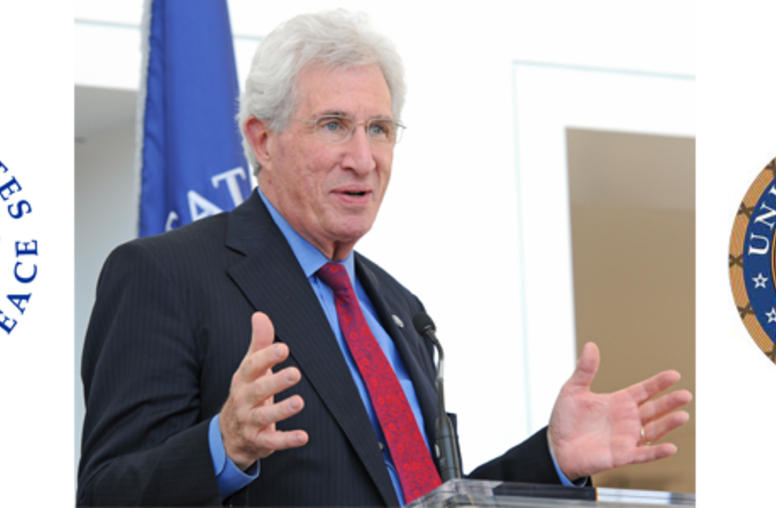
USIP President Testifies on the Value of Peacebuilding
USIP President Richard H. Solomon submitted the following written testimony to the House Appropriations Subcommittee on State, Foreign Operations and Related Programs on March 30. Solomon explains how USIP's peacebuilding and conflict management work minimizes the need for costly military interventions.

First Anniversary of the Independence of South Sudan
As South Sudan celebrates the first anniversary of its independence, USIP offers a range of resources for examining the new country's first year and for beginning to discuss its trajectory in the coming years.
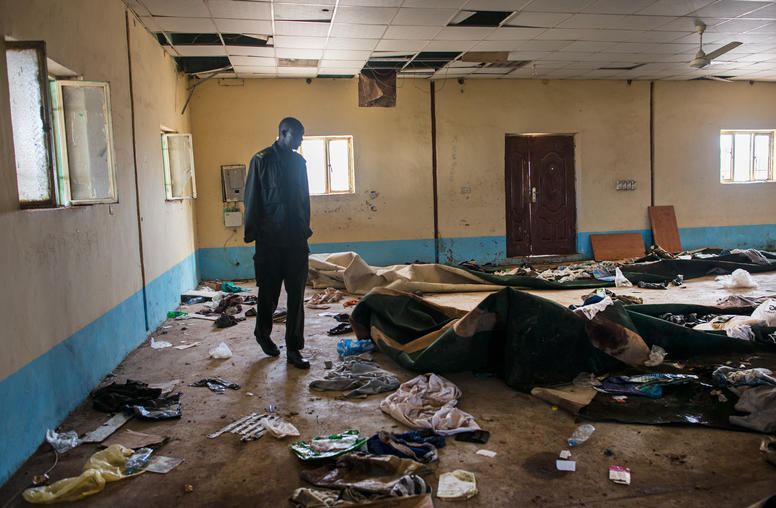
Q&A: Sudan, South Sudan Wars--Special Envoy Needed?
As the war in South Sudan rages on, its dynamics are influenced by events across the border in Sudan and by the policies of neighboring countries, regional groups and the broader international community, notably the U.S. It’s just the kind of situation that cries out for an American diplomat with the stature and the ability to work across borders to help resolve the myriad conflicts underlying the fighting, according to former Special Envoy to Sudan and South Sudan Princeton Lyman and two other former diplomats.
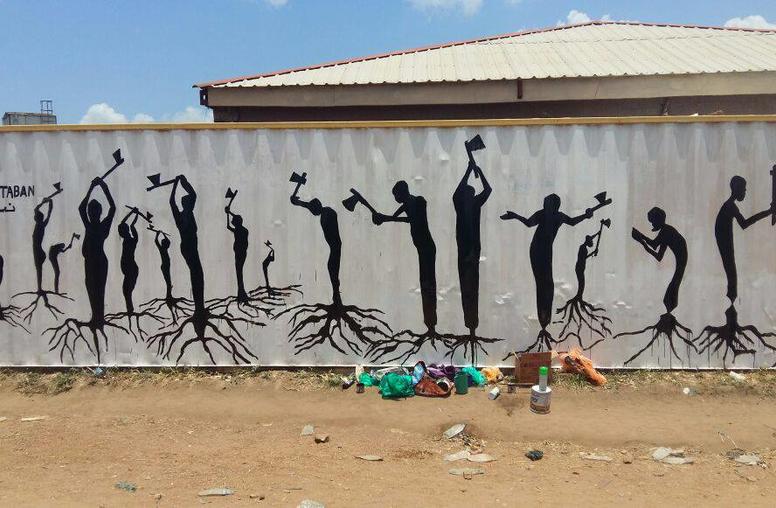
Q&A: Speaking Truth to Power—What Really Builds Peace
As global leaders debate ways to reduce the world’s violence at this year’s United Nations General Assembly session, many peacebuilding experts and civil society activists argue that more of this work needs to be done at the grass roots, often through nonviolent movements for change.
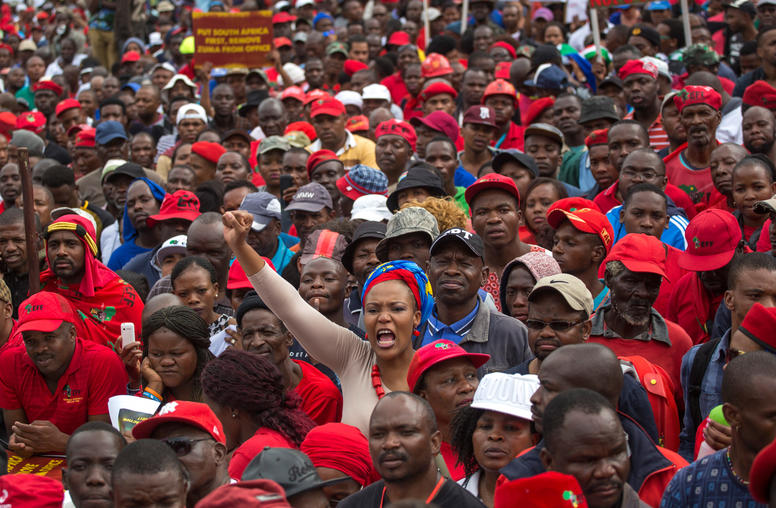
U.S. Signals Africa Policy Shifts
The U.S. plans to continue diplomatic and military support for African nations but expects its counterparts to step up significantly in areas ranging from fighting corruption to countering terrorism and stopping arms purchases from North Korea, U.S. officials said during a symposium at the U.S. Institute of Peace.
On Famine Caused by Conflict, U.N. States Must Be Bold
The global surge in humanitarian emergencies related to violent conflict, including looming famines in northeast Nigeria, Somalia, South Sudan and Yemen, are on the agenda of world leaders meeting at the United Nations General Assembly this week. With 20 million people across four countries on the brink of starvation...
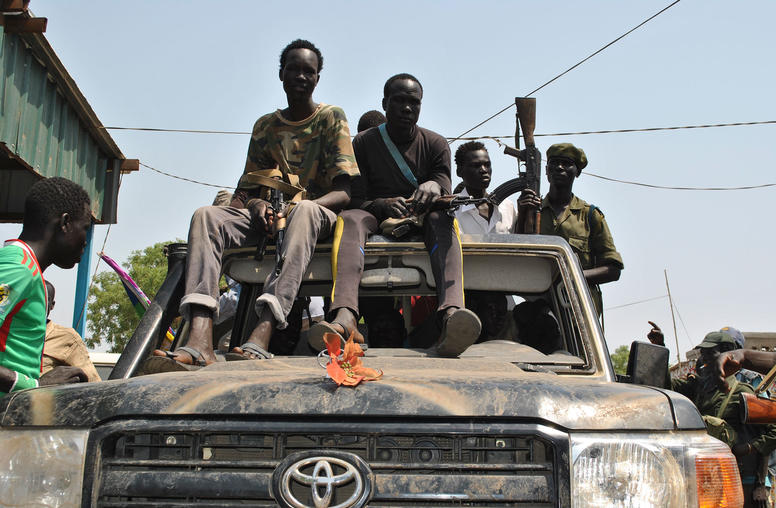
South Sudan’s Pitfalls of Power Sharing
This week, a new proposal for a power sharing government was tabled at the ongoing Intergovernmental Authority on Development (IGAD) High Level Revitalization Forum (HLRF) peace talks for South Sudan. An earlier, 2015 peace deal also contained a formula for power sharing; that arrangement failed and the civil war re-ignited a year later. Power sharing arrangements are appropriate if certain conditions are met, but not enough has been done to ensure the latest proposal will overcome the obstacles present in South Sudan, according to Susan Stigant, USIP’s director for Africa programs and Aly Verjee, a visiting expert at USIP and a former senior advisor to the IGAD mediation, who comment on the proposal and suggest how it could be improved.
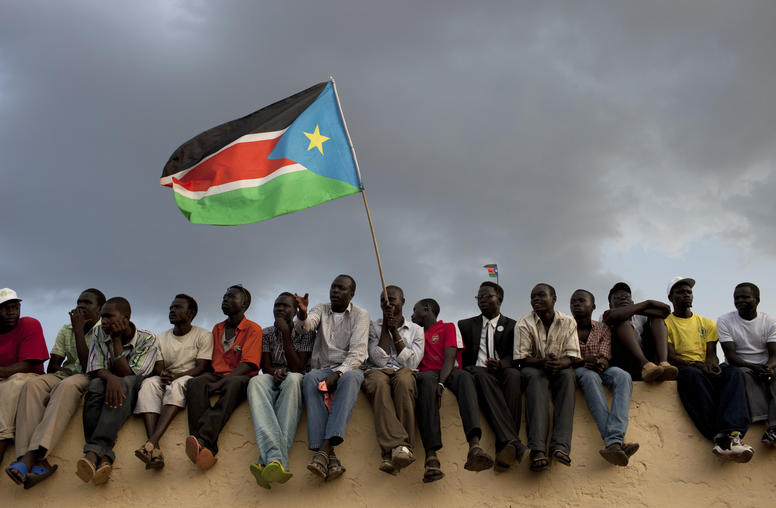
Strong Words Alone will not Deliver Peace to South Sudan
At the end of May, after only four days, South Sudan’s long-delayed peace talks once again adjourned without reaching a viable agreement. The failure to reach a deal comes only weeks after the White House declared that the Government of South Sudan had “lost credibility,” expressed deep frustration at the “lack of progress toward an agreement,” and warned that “more than seven million people will face life-threatening hunger in the coming months,” as a result of the crisis.
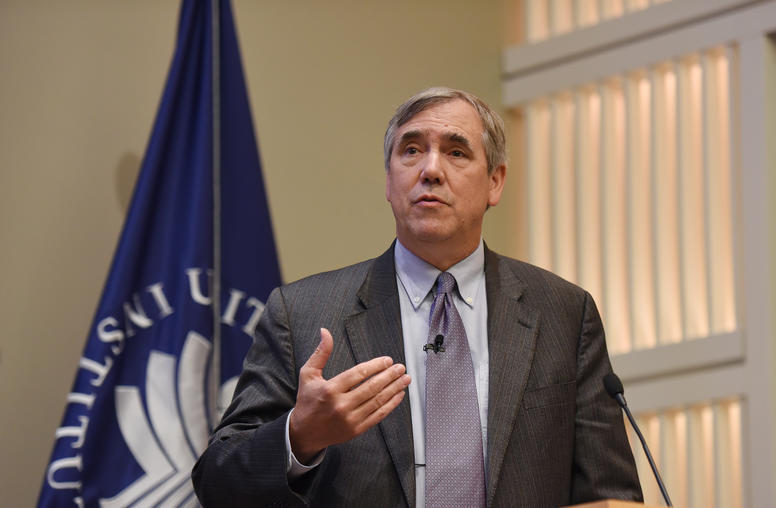
The U.S. Can’t Give Up on Africa’s Crises
After a trip to assess humanitarian crises in some of the world’s most troubled nations, U.S. Senator Jeff Merkley said he concluded that a matrix of conflict, corruption and “climate chaos” is driving one of the biggest periods of displacement in modern history.
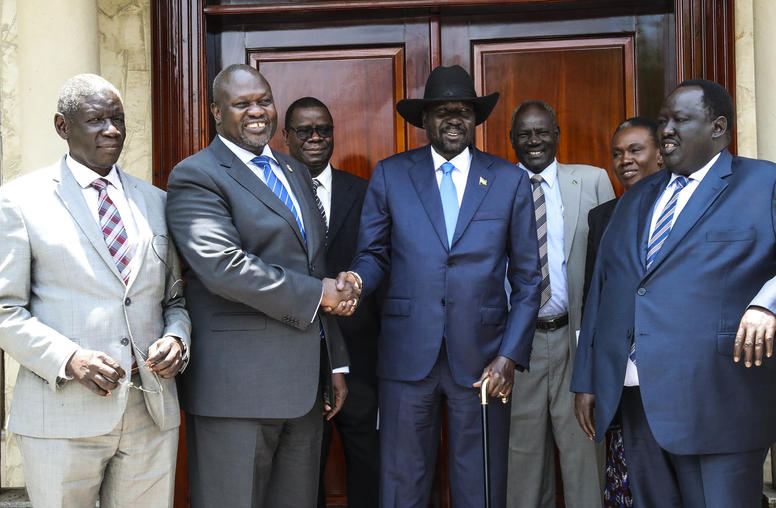
South Sudan: Hope for the Best, Plan for the Worst
With little more than a month left before a new transitional government is set to assume power in South Sudan, efforts to keep the latest peace agreement on track are becoming more urgent, even as most key pre-transition deadlines have been missed and the political will of the belligerents remains in doubt. Given these circumstances, efforts to support the current process remain vitally necessary and thorough planning for the worst-case scenarios is also desperately needed in case South Sudan’s fragile peace collapses.